The recent submission by Mr. Austin Akogwu raises important issues about the development of Idoma land, but it also risks oversimplifying a complex reality by placing a disproportionate burden on one man — Senator David A. B. Mark.
1. David Mark’s Legacy Cannot Be Wished Away
For over 20 years, David Mark did not just “occupy” the Senate; he defined it. Rising to become Senate President, he placed Idoma land on the political map in a way no other Idoma son or daughter had ever done. His influence brought scholarships to hundreds of youths, infrastructural projects like the Otukpo–Oweto road, federal appointments for Idoma people, and countless philanthropic gestures.
These are not myths — they are verifiable contributions. Dismissing them as “not enough” ignores the fact that no single leader, no matter how powerful, can erase centuries of structural neglect in 20 years.
2. The Burden of Collective Responsibility
Mr. Akogwu is right about one thing: development is not the responsibility of a single “messiah.” However, his essay contradicts itself. While admitting that other wealthy Idoma sons and daughters have not invested back home, he still circles back to blame David Mark as though he alone carried the keys to Idoma’s future.
Where were the businessmen and women, the professors, the retired generals, the diaspora elites, and even the vibrant youth of Idoma land during those decades? Why is their silence excused while David Mark is scapegoated? True progress comes from collective responsibility, not selective blame.
3. Unity and Political Realities
Idoma’s greatest challenge is not David Mark’s tenure — it is the disunity within Idoma land itself. Petty rivalries, sub-group tribalism, and the “pull-him-down” mentality have consistently undermined opportunities for collective bargaining. David Mark cannot be blamed for the unwillingness of Idoma elites to unite under a common development agenda.
Even when he attempted to bridge gaps, internal sabotage and division weakened outcomes. If we truly want progress, Idoma must first heal from within.
4. Unfair Expectations and Historical Context
Let’s be clear: no other minority group in Nigeria has achieved total transformation through the power of one individual. The Tiv people, the Ijaw, the Kanuri, the Efik — all have faced similar struggles. Expecting David Mark alone to transform Idoma land into a “mini-London” is unrealistic. Development requires government policy, private investment, unity of purpose, and citizen action.
5. A Balanced Judgment
Yes, David Mark could have done more. He could have used his influence to establish a federal university in Idoma land, attract more industries, and mentor more leaders. But it is disingenuous to ignore what he actually did achieve, and unfair to hold him solely responsible for the underdevelopment of Idoma land.
The real question is not “What did David Mark do for Idoma?” but “What have we, as Idoma people, done for ourselves?”
Conclusion
History will remember David A. B. Mark as one of the most influential Idoma sons who gave the people visibility, voice, and dignity at the national stage. His tenure should serve as a foundation, not a scapegoat.
If Idoma must rise, it will not be through endless finger-pointing at one man, but through unity, self-reliance, and collective vision.

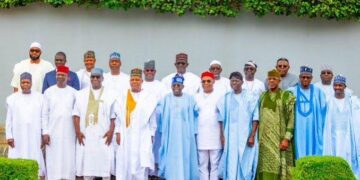
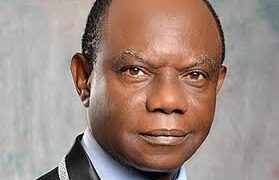
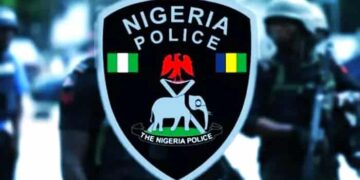
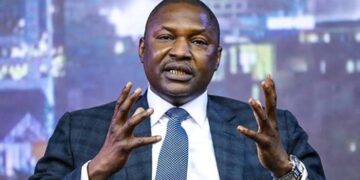
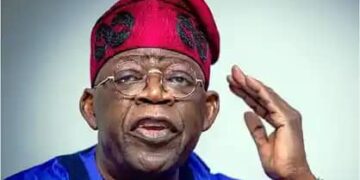
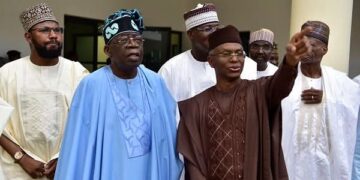


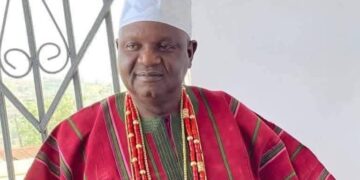


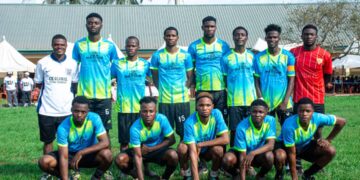
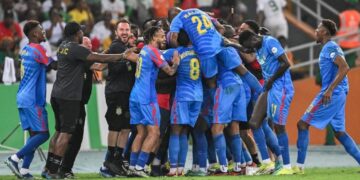


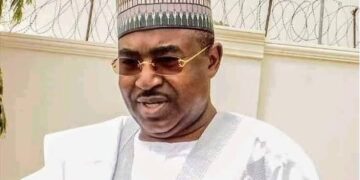
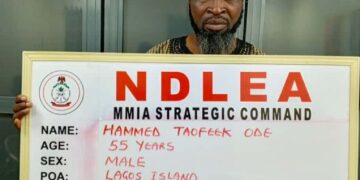
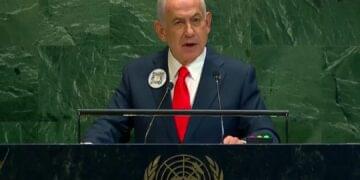
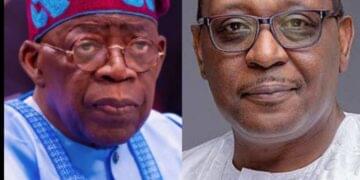
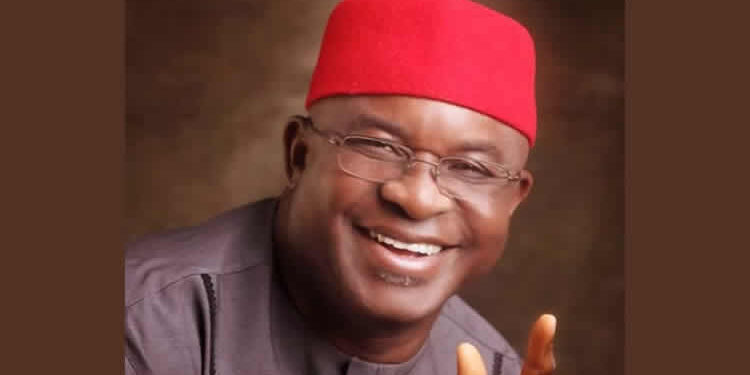















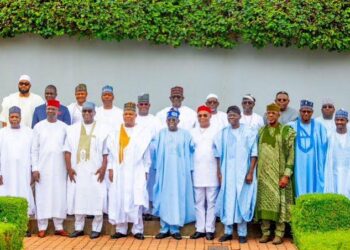
Just encourage Senator David Mark to promote more communal engagement internally of sons and daughters of Idoma land;Townhall meetings on a geo-locational basis through the length and breadth of the Idoma communities will generate much needed unity especially in the company of notable Idoma Elders who identify with this vision.After this the roadmap to unity and cohesive regeneration of togetherness will be consolidated for wholesome future development of the Idoma nation as one people with one destiny,then His Excellency Senator David Mark will have bequeathed an enduring legacy for posterity.